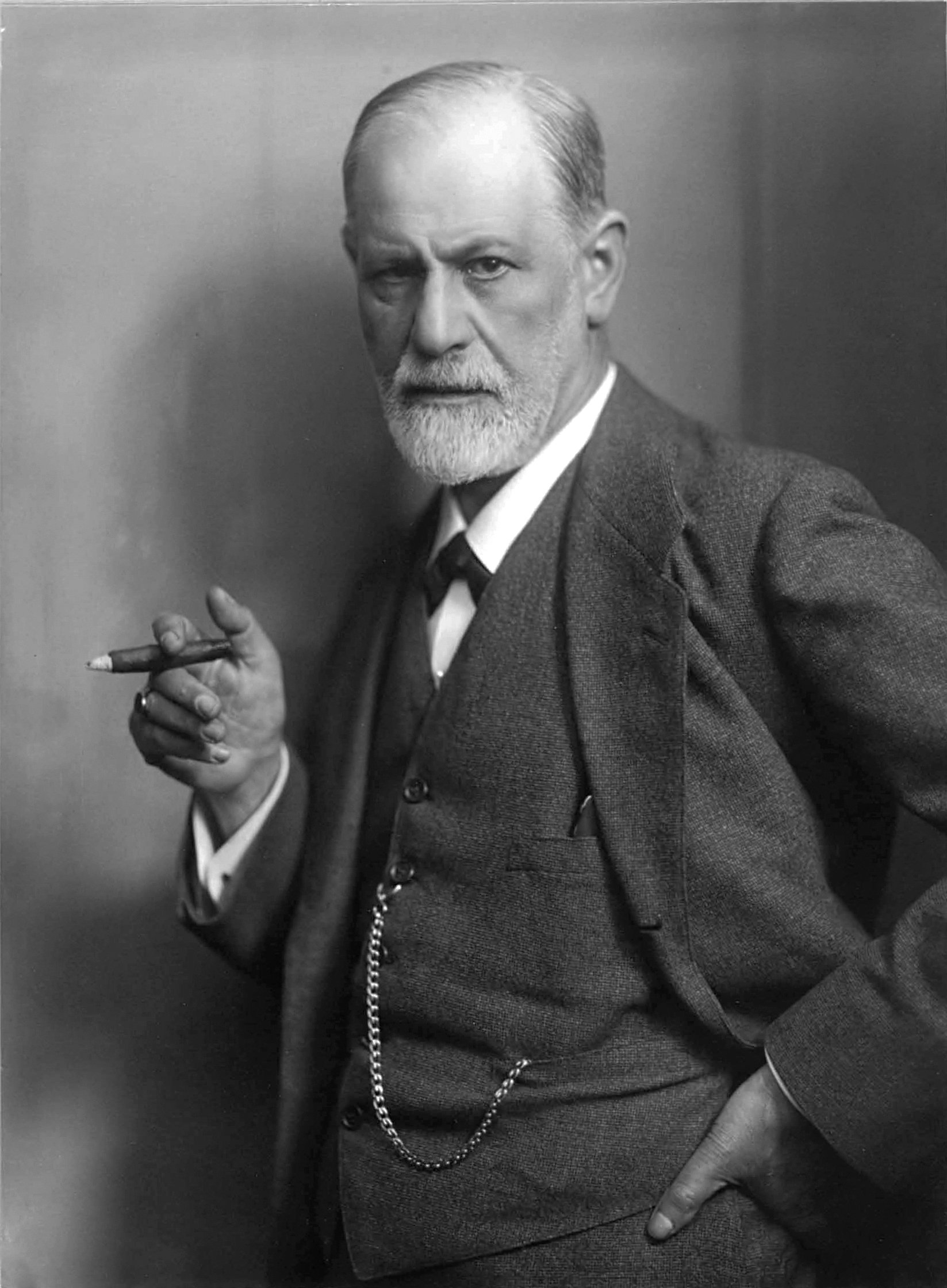What Does it Mean to be “Trauma-Informed?”
I hate buzzwords. Unfortunately, the field of mental health is full of them.
The issue with jargon is that it becomes common place language that loses it’s meaning over time. Or, in the case of the term “trauma-informed”, everyone adds the tag to their website or Psychology Today profile because it sounds good—even though both the therapist and client might not know what it actually means.
To avoid being part of the reason for my critique—and to provide clarity for anyone bogged down in all the mental health lingo of today—I’m going to take a few minutes to share about trauma-informed care: what it is, where it comes from, and why it is important within my counselling practice.
What is Trauma-Informed Care?
Just as there’s no universal definition of trauma, there is also no single definition of trauma-informed care. The term became popular in the early 2000s to describe approaches to human service work that readily acknowledge the prevalence of trauma and actively work to avoid re-traumatization. Mental health professionals who are trauma-informed work within these guiding principles:
Empowerment – involving and encouraging clients throughout the decision-making process.
Choice – informing clients of options and respecting their power to choose.
Collaboration – maximizing involvement of staff, clients, and families in care planning.
Safety – developing an environment and therapeutic activities that ensure physical and emotional safety.
Trustworthiness – creating clear expectations with patients about what will be provided, who will provide these services, and when they can expect this to happen.
If we look at this in the context of counselling, a trauma-informed therapist rightfully positions the client as the “expert,” with the therapist present as a guide and support. It recognizes the uniqueness of each person, their experiences and story, their emotions and motivations, and how they will uniquely move towards wholeness again. It empowers the client to make decisions about the therapy they are being offered, and it individualizes the approach being used. Most importantly, a trauma-informed counsellor will never force a client to confront a traumatic memory because they recognize that the client’s Self intuitively knows how to heal and move towards self-actualization (more on this below).
History of Trauma Theory
Helping professions haven’t always been trauma-informed. In fact, if we look at the history of counselling and psychotherapy, great strides have been made in the last few decades to design safer and more effective approaches to trauma therapy.
Trauma has been recognized by societies in different ways over the centuries. However, our contemporary and Western understanding of trauma can be traced back to Dr. Jean-Martin Charcot (1825-1893) and Dr. Sigmund Freud (1856-1939). Freud interned under Charcot for several months as a neuropathologist, during which he developed the foundational principles for what is now contemporary trauma theory. Both men wrote extensively about the correlation between early life events and mental disturbances in adulthood, which was a new and controversial notion at the time. Freud proposed that traumatic memories are “repressed” and stored in the unconscious mind, and the emotions associated with these memories could cause neuroses (or mental illnesses). He believed that the most effective trauma treatment was to access these repressed memories and to allow the person to process the negative emotions associated with these memories.
Although Freud’s assumptions about the connection between trauma and mental illness were correct, these revelations also led to some significant risk and harm for clients of the early psychotherapists. Freud’s approach was criticized by others in the field as “dangerous” (William James, 1909) and “…the disease which it claims to be the cure” (Karl Kraus, 1939). His critics recognized that uncovering traumatic memories is a delicate task, and if not handled with the utmost care, could cause significant harm to the client.
Trauma-Informed Beginnings
The debate about how to best heal traumatic memories persisted through the 20th-century with different clinicians offering their own perspectives—such as Erikson, Jung, and Adler. However, when Carl Rogers entered the picture and proposed his humanistic and client-centred approach to therapy, trauma therapists quickly took note and began to incorporate some early trauma-informed practices.
Carl Rogers (1902-1987), heavily influenced by Abraham Maslow's humanism, believed that people intuitively know how to move themselves towards self-actualization (their full human potential). He proposed that most problems arise when a person’s self-structure becomes disorganized by the events of life. Trauma is then understood to be a significant life event that disrupts the human system and prevents the person from being able to move towards the goal of self-actualization. From this perspective, the role of the therapist is to provide the client with a safe space for self-exploration and healing, which he referred to as “unconditional positive regard.”
This client-centred approach proved to be incredibly effective at help individuals heal from trauma, and it is still the foundation of many contemporary counselling approaches.
Through the ‘80s and ‘90s, research on the prevalence of trauma, particularly childhood abuse, began to challenge the assumption that trauma is a rare human experience. Many counsellors and psychotherapists already knew that trauma was much more common than the literature suggested, but now there was empirical data to back up their anecdotal evidence.
Confusion and Misrepresentation
With more people talking about trauma, and safety principles becoming integrated into organizations everywhere, the term “trauma-informed” began to lose its significance. As I alluded to at the start of this article, there is a lot of confusion about what it means to be trauma-informed—and I think most of this issue is the result of people misapplying the term. In my experience, not every therapist who uses the label of “trauma-informed” is actually embodying the principles listed above.
Just to be clear: I don’t think anybody is intentionally lying, trying to mislead their clients, or cause harm—but I do question whether some mental health professionals have even considered whether their approach aligns with trauma-informed principles.
I think that part of this problem results from the term itself. Being “trauma-informed “is somewhat of a misnomer. More than simply being informed or aware of trauma, trauma-informed care recognizes and understands that trauma impacts every layer of a person’s lived experience—and as such, it must impact every layer of the therapist’s approach. It requires therapists to be actively working to avoid re-traumatization—and not just turning on some mood lighting and having an extra Kleenex box on hand.
Why Should I Care About Seeing a Trauma-Informed Counsellor?
This is an important question that I needed to answer for myself as I started into my career—and it is a question I hope you consider for yourself (clients and professionals alike): Why does trauma-informed care matter to me?
One reason is that healing trauma puts a person in a vulnerable position, and we need to approach this reality with the utmost care. When we look back at the “old school approach” (dating back to Freud and his protégées), there was no consideration for the possible risks or harm that could be done to the client. They viewed healing through the lens of catharsis and required clients to tell their traumatic stories over and over until the associated negative emotions could no longer overwhelmed them. This often left clients feeling worse, or simply numb, after a therapy session. In fact, it is now understood that forcing oneself to relive the trauma narrative, if their nervous system is not ready to cope with the stress of it, is harmful and retraumatizing.
Trauma-informed counselling approaches often include sharing information about the traumatic event, but this process is led by the client only when they are ready to do so, and when there is a strong and safe therapeutic relationship present.
Another reason why being trauma-informed matters to me is because it is beneficial for everyone. Research has found that trauma-informed approaches result in significant decreases in PTSD, distress, anxiety, and depression, compared to non-trauma-focused approaches. With rates of anxiety and depression increasing across Canada, being trauma-informed is not just an additional factor that helps clients recovering from trauma—it should be a core component of every therapist’s practice.
I am committed to offering trauma-informed counselling services. If you are interested in finding out more, please send me an email or give me a phone call. I’d be glad to connect with you and join you on your healing journey.






